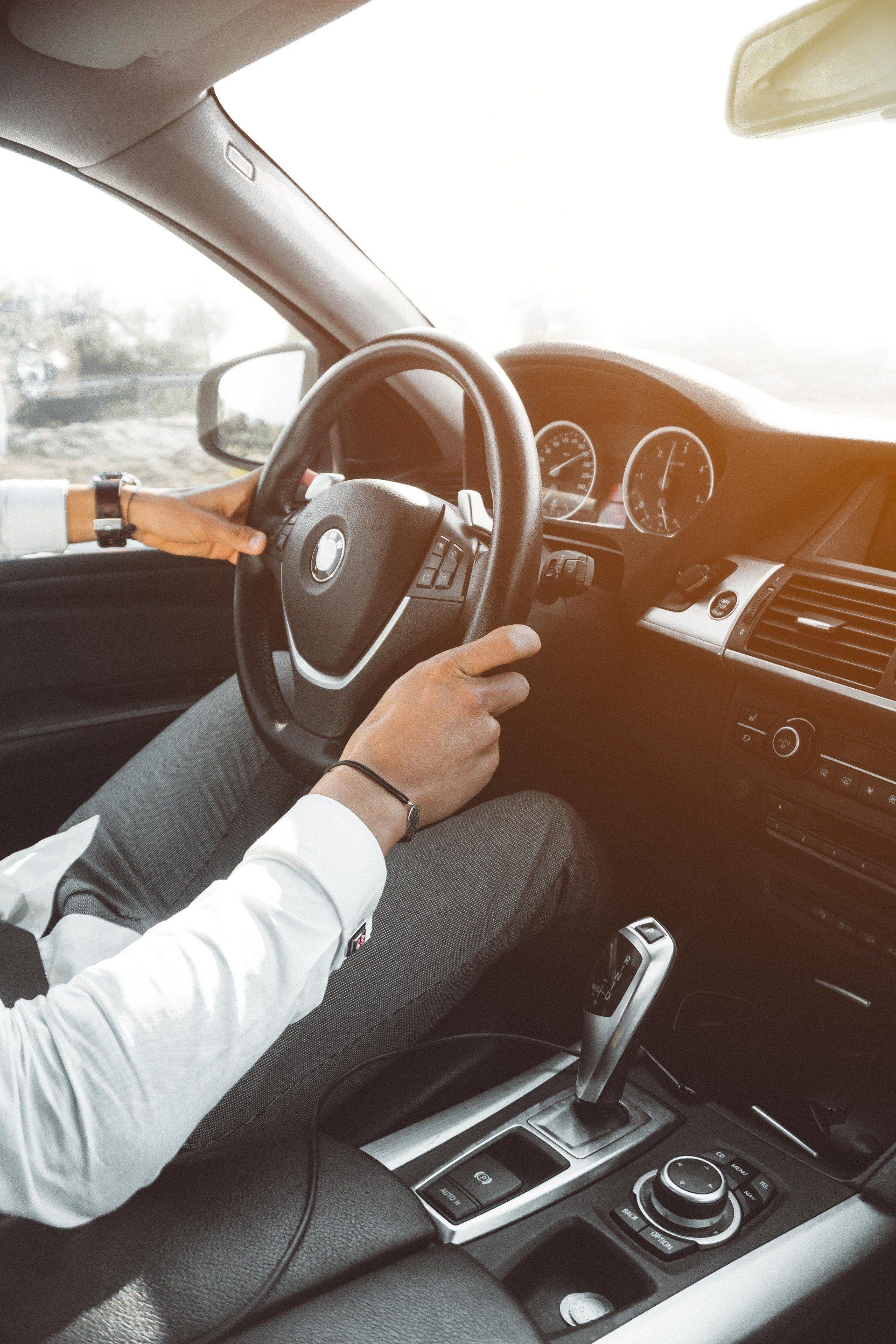Car Rental: How to Avoid Traps That Inflate the Bill
by Federico Formica - La Repubblica, May 12, 2024
From insurance policies to charges for scratches or dents you never caused: tips to be ready when signing the contract and picking up the car.
The Antitrust penalty against six car rental companies (fines of over 18 million to Avis, Hertz, Centauro, Green Motion, Noleggiare, and Drivalia for unfair terms) shows, once again, how much work is needed to ensure transparent contracts in this sector. Even though you can book a car in just a few clicks today, it's important to remember that you are still signing complex contracts full of clauses, not necessarily favorable ones. To avoid unpleasant surprises, the first piece of advice is to read them; the second is to pay attention both when picking up and returning the car, taking a few extra minutes to avoid regrets later.
Who Am I Booking From?
Anyone looking to rent a car online should know the difference between brokers and actual agencies. When we come across a rate comparator, we are dealing with a broker, that is, an intermediary. You can use the site to find the best price and then contact the rental company directly, or you can do everything through the comparator. It is certainly a simpler procedure, but keep two things in mind:
- The insurance policies offered by the intermediary are almost always basic. Those with specific needs might not find the most suitable solution.
- In case of cancellation, the broker’s terms apply, not those of the rental company. They may include penalties for cancellations made less than 72, 48, or 24 hours in advance.
Who Is Driving?
At the time of booking, it's important to know clearly who will be driving the car, as companies almost always charge a fee for adding a second driver or even just for changing the name on the reservation.
The credit card required to cover any expenses for damages or penalties must be in the driver's name: car rental agencies are not flexible on this. Also, check the funds: they must be sufficient to cover the deposit. It is advisable to increase the credit limit of the card before the trip.
Which Policy?
The only mandatory policy is the liability insurance, which covers any damages to people or property. However, companies push for additional policies, especially for theft and damage to the car. Those returning the car with damage – even minor – risk hefty penalties. This needs to be evaluated case by case: those who park the car in a safe place at night might have different considerations than those who leave it on the street; those planning nature trips in less frequented areas will have a lower risk of incidents with other cars compared to those driving in busy cities.
Be aware of any deductibles: this means that in case of an accident, part of the damage must be paid by the customer. Companies almost always offer an additional warranty that eliminates the deductible.
Picking Up the Car: Keep Your Eyes Open
This is a very important moment, and you should not make the mistake of being in a hurry. Take the time to thoroughly inspect the car assigned to you and take photos of any scratches, dents, or damages. It's also advisable to turn on the dashboard and photograph the odometer and fuel level.
When picking up a car at the agency, you are always overwhelmed with documents to review and sign; if there are two of you, the other person could handle the inspection. It's important that any scratches or dents are also noted by the agency staff on the handover form. Check the trunk too: there should be an emergency triangle, spare tire, and reflective vest. Also, look at the tires: if you notice excessive wear, point it out and possibly request another car, because if one or more need to be replaced, the cost would be on you.
Kilometers and Fuel
Sometimes contracts include a maximum number of kilometers: this is why it is important to calculate the route you plan to take during your stay and photograph the number of kilometers already covered by the car before renting. Remember that many companies allow unlimited mileage at no extra cost.
Also, pay attention to the fuel policy: some companies have a “full-to-full” policy, so you need to remember to refuel the vehicle just before returning it; others have a “empty-to-empty” policy, and some have a “full-to-empty” policy. If the company promises a full tank, check to ensure it is indeed full.
Returning the Car
Start with the number one tip: it is always better to return the vehicle during office hours when the agency staff is physically present. It is the best way to verify the car's condition together and ensure that no damages you didn't cause are recorded; the same applies to the mileage and fuel amount. The alternative is to leave the car in the agency’s parking lot and drop the keys in a box. In any case, it's good to retake the photos you took at pickup to have evidence in case of unjustified charges.





























